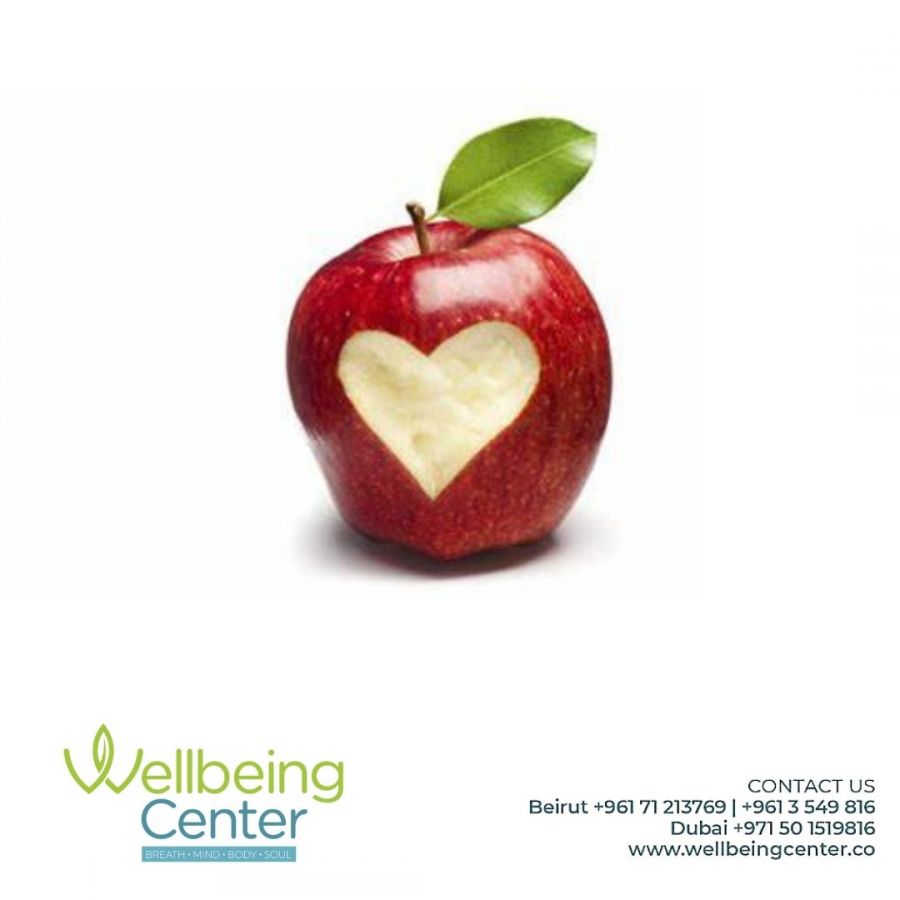Here's What Actually Happens When You Eat An Apple Every Day

Apples boost your head-to-toe health
Apples and oranges might be different, but they're both great sources of vitamin C. A medium apple provides 14 percent of the recommended daily use of vitamin C, as well as six percent of your recommended potassium. Apples are jam-packed with flavonoids, naturally occurring chemicals with antioxidant and anti-inflammatory effects. And because apples are 85 percent water, they're hydrating as well as filling.
Apples are also a great source of fiber, with 4.4 grams of fiber in every medium-sized fruit. High fiber diets do more than regulate your digestive system; they can also lower cholesterol, help control blood sugar levels, and reduce the risk of cardiovascular disease and cancers. Plus, roughly 20 percent of an apple's fruit consists of pectin, which has been linked to lower cholesterol. That makes a daily apple a sweet part of a high fiber nutrition plan.
Apples help with good gut bacteria
Eating apples is great for your gut health. A study showed that the non-digestible compounds in apples contribute to the growth of healthy bacteria. Having healthy gut bacteria helps ward off viruses and other harmful bacteria. Adding apples to your diet can have a major effect on your overall gut health, too.
You can actually eat more than one apple a day
When it comes to apples, it's hard to get too much of a good thing. Eating an apple a day is perfectly safe and won't add too much sugar to your diet. That means, while eating one apple a day has plenty of benefits, it's safe to eat even more. The United Kingdom National Health Service reported that eating two apples per day can help cut cholesterol levels by four percent.
Apple juice doesn't provide the same benefits
Sweet, tart apple juice tastes delicious, whether it's added to a green juice or sipped by itself. Unfortunately, apple juice strips away most of the nutritional benefits of just eating an apple. Apple juice is high in sugar and low in fiber. Not only does that mean missing out on fiber's benefits for your digestive system, it means apple juice will leave you feeling hungry sooner than if you ate an apple instead. When you do drink apple juice, try to pair it with a protein. One study showed that eating peanut butter alongside a breakfast with apple juice reduces the magnitude of blood sugar spikes.
To get maximum health benefits from an apple, put your peeler away! Apple skin is responsible for most of the fiber and nutrients in apples. If you're really hardcore, an apple's core will provide additional nutritional benefits. Apple cores contain more healthy bacteria than just the apple flesh. But however you eat an apple, your body will be glad you did.
